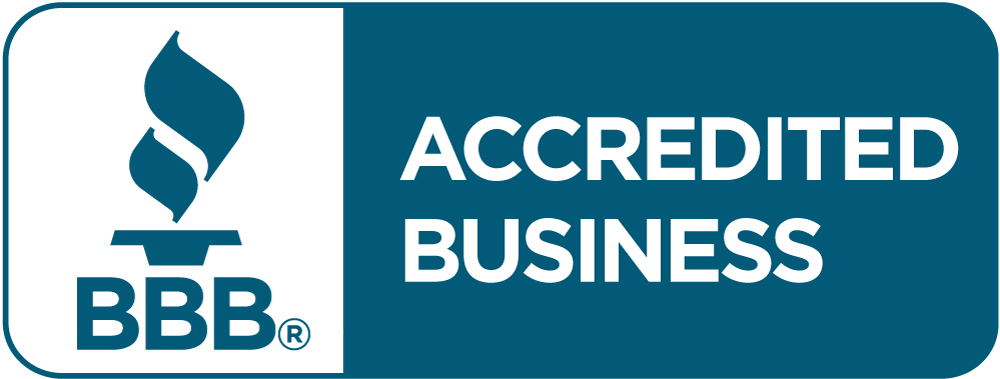Quick Links
ToggleFinance is one of the biggest factors that could make or break a small business. Therefore, it’s vital that every business owner is equipped with important financial skills to ensure their venture stays afloat.
Thankfully, you don’t need a degree in finance to grow a successful business. By mastering simple, yet necessary skills such as budgeting, invoicing, bookkeeping, and more, you’ll be putting your best foot forward. We’ve rounded up the six small business financial skills you should have under your belt, as well as how you can fine-tune these abilities moving forward.
1. Budgeting
Keeping on top of your business’s planned income and spending is important because they both have a direct impact on your business’s cash flow, profit, and therefore, the overall financial health of your business.
Efficient budgeting can also assist you to determine the areas where you must decrease your spending or increase your revenue to boost profitability. Additionally, a detailed budget outlining your income and expenses is required if you want to apply for business funding.
Creating your business budget is simple and only requires a few steps:
2. Bookkeeping
Bookkeeping allows you to record and provide accurate, up-to-date financial information about your business. Not only does it go hand-in-hand with budgeting, but this information is crucial come tax time. Without efficient bookkeeping, it would also be impossible to identify high-growth opportunities, manage tax audits, or plan for your small business’s future.
While some business owners choose to outsource their bookkeeping to a professional bookkeeper, others save on additional costs by doing it themselves – whether through the use of a spreadsheet or bookkeeping software such as QuickBooks Online or Xero.
3. Understanding Financial Statements
Many small business owners become overwhelmed by just how many financial metrics they need to track for their business. Before you get ahead of yourself, however, it’s vital that you familiarize yourself with three of these key financial statements: your balance sheet, income statement, and cash flow statement. Let’s take a look at each:
4. Invoicing
Customer and client invoices contribute significantly to a small business’s bottom line, yet many invoices are paid late. Therefore, having a fail-proof invoice strategy in place should be every business owner’s top priority. Thankfully, you don’t need to spend hours and hours each day manually tracking your invoices. Instead, business owners can utilize invoicing platforms to request and receive payments, track late payments, and even automatically send payment reminders.
QuickBooks, Xero, and Stripe are just three of these popular invoicing platforms.
5. Making Smart Investments
When it comes to growing your small business financials, the following is certainly true: “You have to spend money to make money.” As a business owner, however, you’ll need to ensure that you’re making smart investments for your business that will benefit you, particularly in the long run.
Some of the best ways you might consider investing your business’s profits include:
6. Borrowing Wisely
One of the final financial skills a small business owner must master is the ability to secure the right financing for their venture. There are numerous financial opportunities available for businesses of all sizes, yet knowing how to borrow wisely is the key to success.
Small business owners shouldn’t get themselves into unnecessary debt, and therefore will want to choose financing that’s flexible and suits their needs. Two popular options include a merchant cash advance or fixed loan, both of which we offer here at Zinch.
Whether you prefer to make fixed payments or variable deposits based on your sales, we have the right product for you. Our financial specialist will help you assess your financial needs and recommend the best solution for your business.
Contact us at (714) 500-6622 to learn more about your options. You could qualify for up to $250,000 in just 24 hours.










